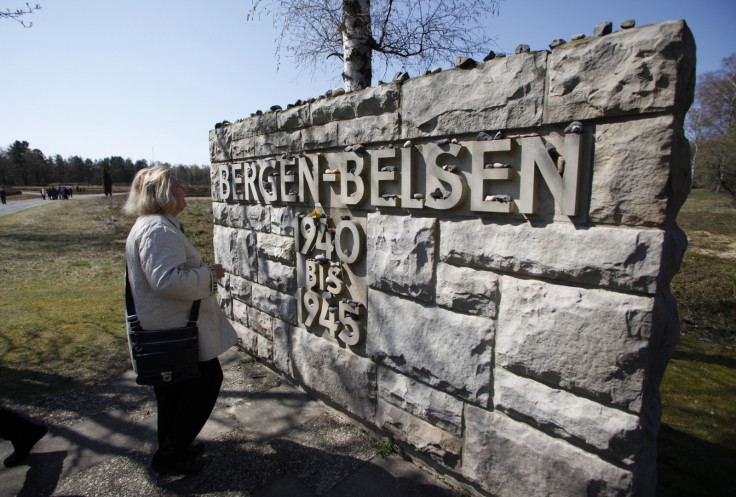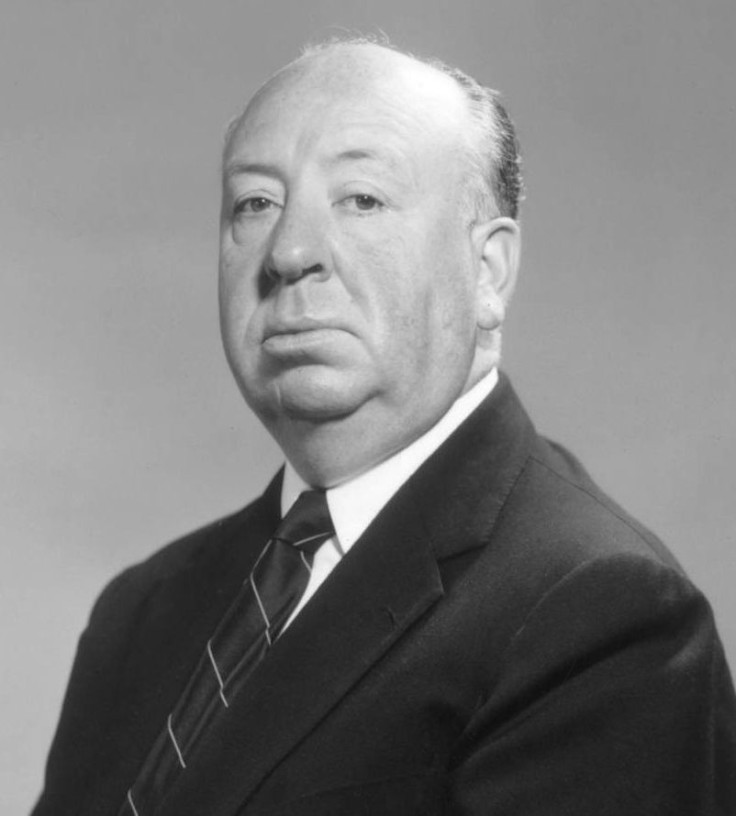Hitchcock's film of Nazi concentration camp Belsen aired for first time in 70 years
Lost documentary about death camp's liberation is to be broadcast on British TV

A film documentary about the liberation of Belsen, the Nazi concentration camp directed by Alfred Hitchcock is to be broadcast on British television.
The movie, called German Concentration Camps Factual Survey, was Hitchcock's only documentary. He was better known for psychological thrillers that he made in Hollywood such as The Birds and Rear Window.
Scenes from the film will be shown on 24 January, before Holocaust Memorial Day on 27 January. The movie itself will be shown around the world from April.

Film producer Sally Angel said it "contains some of the most harrowing images ever committed to film".
Footage includes horrific scenes of hundreds dead bodies, and skeletal corpses being thrown into mass graves.
"My instructions were to film everything which would prove one day that this had actually happened. It would be a lesson to all mankind as well," Bernstein said in 1984, talking about his experiences.
In the spring of 1945, Allied forces liberating Europe found evidence of atrocities committed by the Nazis. As troops moved into concentration camps, they began filming what they saw.
During the summer of 1945, some of the documentary editing was under the direction of Hitchcock.
"At the time we found the film, it was not entirely clear what role Hitchcock played in its development," says David Fanning, executive producer of Frontline. "Moreover, one reel of the original six, shot by the Russians, was missing. There was a typed script intact – undated and unsigned – but it had never been recorded."
Hitchcock's film was left unfinished and forgotten, until it was discovered in a vault at London's Imperial War Museum. In 1985, it was shown for the first time, with the title Memory of the Camps.
The London-born director spoke years later of his need to assist the war effort. "There wasn't any question of military service – I was overage and overweight at that time – but nevertheless I felt the urge [to do some war work and make a contribution] and my friend [Sidney] Bernstein, who was the head of the film section of the British Ministry of Information, arranged for me to go over."
However, the film was never screened because Germany were later seen in the post-war years by the West as an ally against the threat of the Soviet Union.
From 1941 to 1945, almost 20,000 Soviet prisoners of war and a further 50,000 inmates died at Bergen-Belsen concentration camp, with up to 35,000 dying of typhus in the first few months of 1945.
The camp was liberated on 15 April 1945, by British troops. The soldiers discovered approximately 60,000 prisoners inside, most of them starving to death and seriously ill. Another 13,000 corpses were left unburied around the camp.
© Copyright IBTimes 2025. All rights reserved.




















